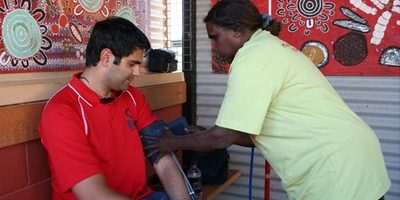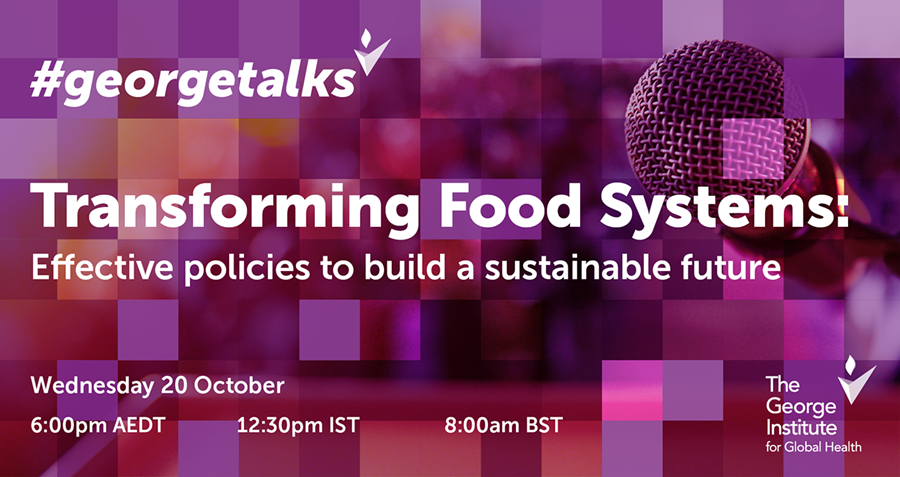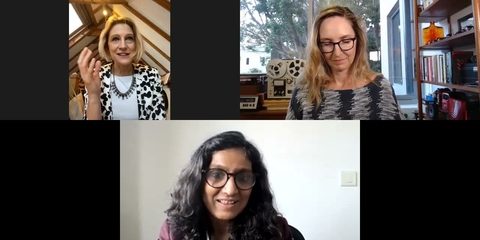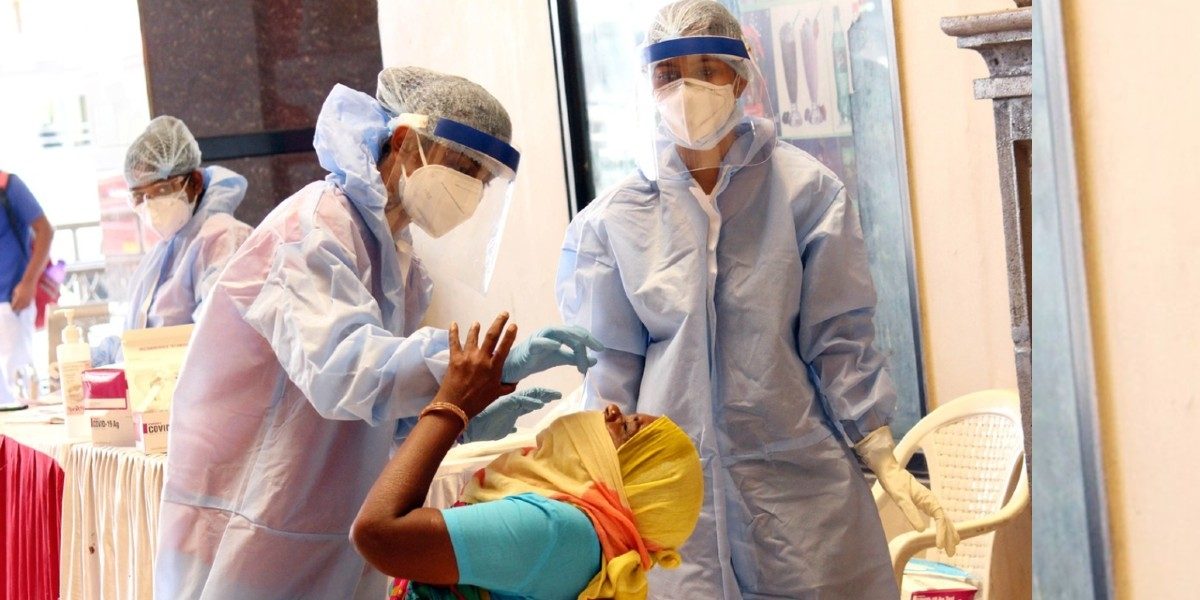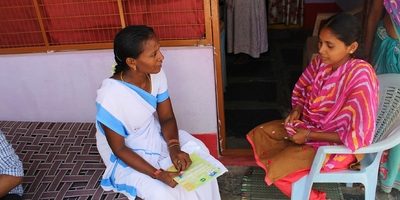TGI India Health Accelerator in partnership with UNICEF India announced an Innovation challenge in July - August 2021 to identify “disruptive solutions for psycho-social support to health workers”. The aim of this challenge was to leverage India’s vibrant start up ecosystem to source potential solutions to support healthcare workers that can be accelerated and scaled within health care delivery systems in India and other Low and Middle Income Countries (LMIC’s).
We invited applications for “Innovations for psycho-social support for health workers” and received over 50 extremely promising applications out of which 12 innovations were shortlisted and presented their pitches to an expert jury panel. The jury panel selected the most promising top 3 innovations as the winners of the Innovation challenge. The winners were announced on 22nd September during an expert panel on “Perspectives on Innovations for psychosocial support to health workers”.
During the awards ceremony the experts shared about the role of innovative solutions for psycho-social support to health workers in supporting healthcare delivery systems to rebuild and towards building resilience.
Winners of The Innovation Challenge
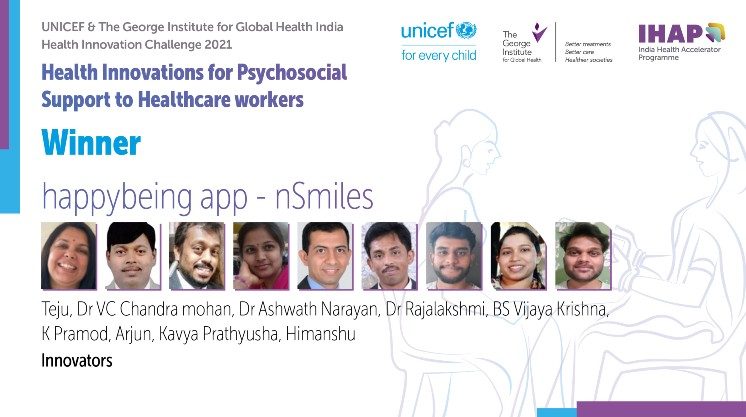
Reward: INR 1 Lakh and One-year Health Innovation Fellowship at TGI India Health Accelerator
happybeing app-nSmiles operates through prioritising the growing need to support physicians and health care workers (HCWs), as they are drained by not caring for themselves. Promoting selfcare for HCWs they are emphasizing on the need to learn to “First, do ourselves no harm.” Happybeing app is a digital solution to establish a need to self-care ensuring an overall wellbeing by self-diagnosis, techniques to enable self-care and graded support. The app provides mindfulness and wellbeing exercises to overcome fear, stress, anxiety, & strengthen the body’s natural ability to heal. They are now proposing an opportunity to serve frontline workers & be a resource guide for them to lean on during these unprecedented times.
Innovators - Teju, Dr VC Chandra mohan, Dr Ashwath Narayan, Dr Rajalakshmi, BS Vijaya Krishna, K Pramod, Arjun, Kavya Prathyusha, Himanshu
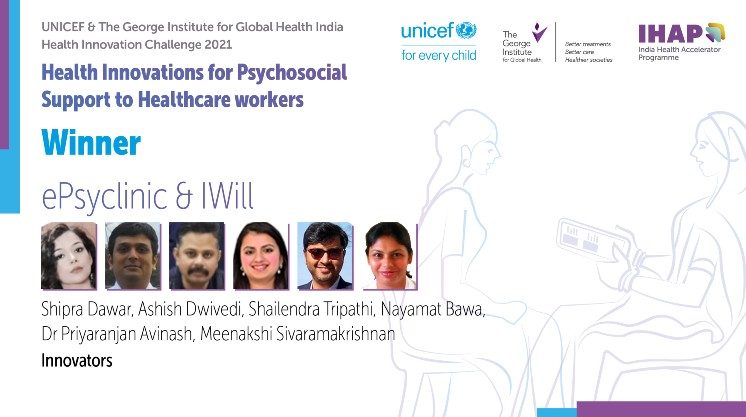
Reward: INR 50,000 and One-year Health Innovation Fellowship at TGI India Health Accelerator
ePsyclinic and IWill created a complete tech-based solution focused Counseling & Therapy platform for psycho-social support to the flp & address the challenges that healthcare workers face. ePsyClinic offers 24*7 services on call & chat by qualified psychologists on modules specifically designed to lessen the COVID 19 created mental health burden and fall out. Over 1000 psychologists, counselors, psychiatric social workers, and special educators speaking about 15 languages are in the larger ePsyclinic network. More than 2,00,000 healthcare workers have used their counselling services, with 12 government partnerships, including Haryana, Maharashtra, Karnataka, and Rajasthan.
Innovators - Shipra Dawar, Ashish Dwivedi, Shailendra Tripathi, Nayamat Bawa, Dr Priyaranjan Avinash, Meenakshi Sivaramakrishnan
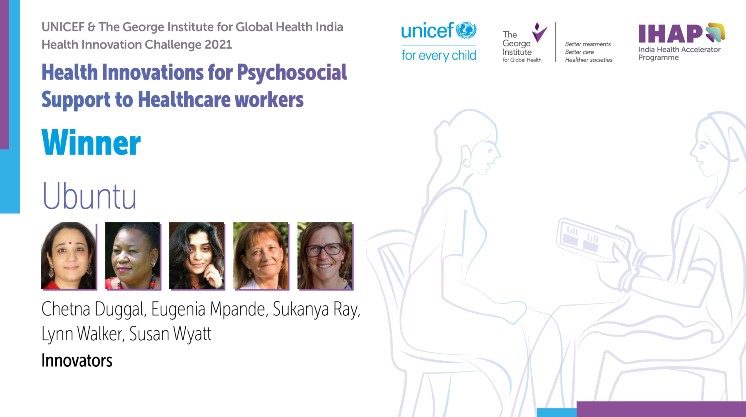
- Judges Special Recognition was awarded to Ubuntu
Reward: INR 25,000 and One-year Health Innovation Fellowship at TGI India Health Accelerator
Ubuntu is based on an implemented, proven multi-layered model of reparative reconstruction and local-level community capacity building for frontlines that is both trauma-informed and IASC guidelines check listed. Covid-19 has brought about a deluge of traumatic stress leading to a colossal demand for psycho-social support (PSS) for frontline workers on an urgent basis. The current level of traumatic stress could cascade into complex and chronic mental health impact unless preventative and restorative initiatives are taken to sustain productivity and quality of life of the frontline.
Innovators - Chetna Duggal, Eugenia Mpande, Sukanya Ray, Lynn Walker, Susan Wyatt
STAY TUNED FOR UPCOMING MORE CHALLENGES UNDER THE GEORGE INSTITUTE INDIA HEALTH ACCELERATOR PROGRAMME!



